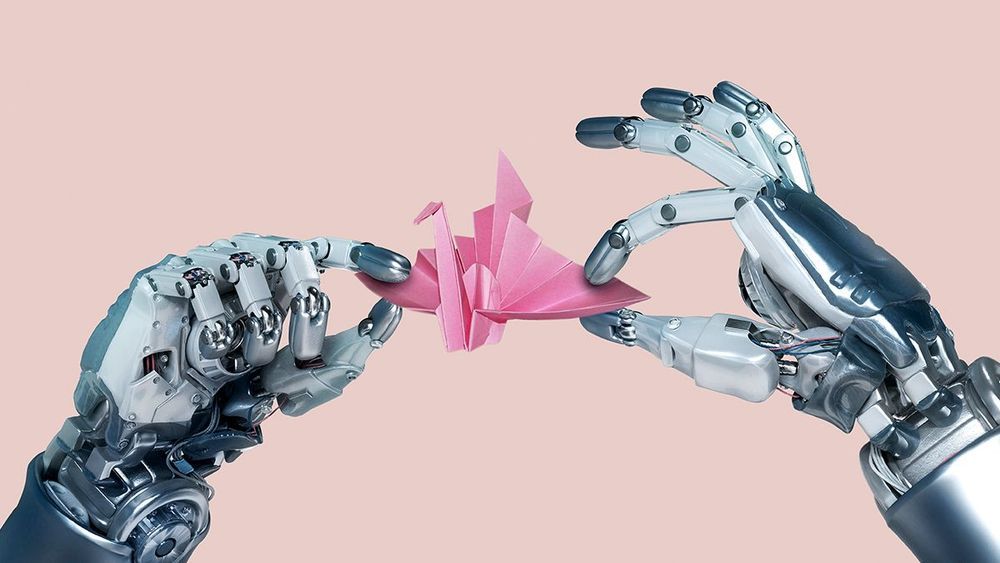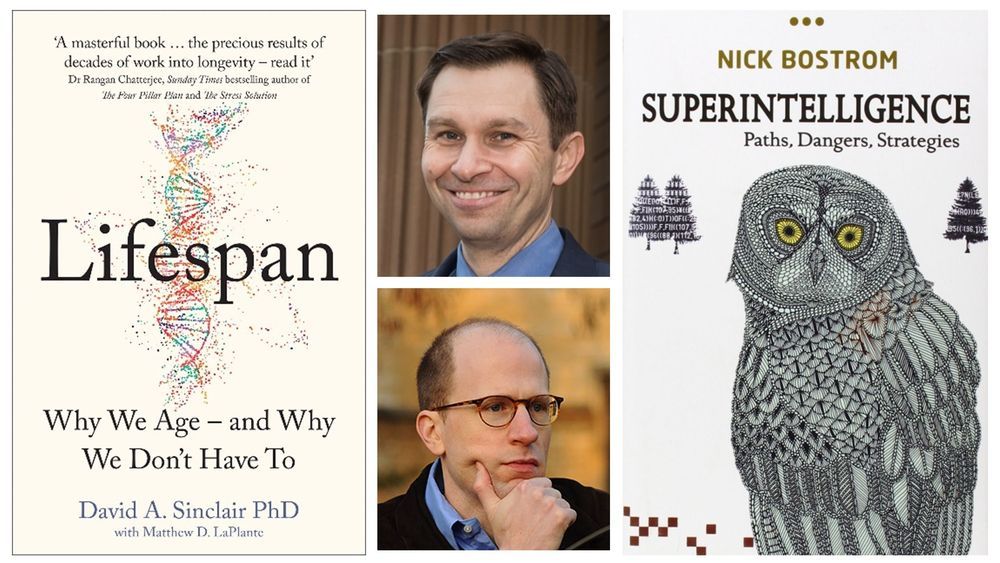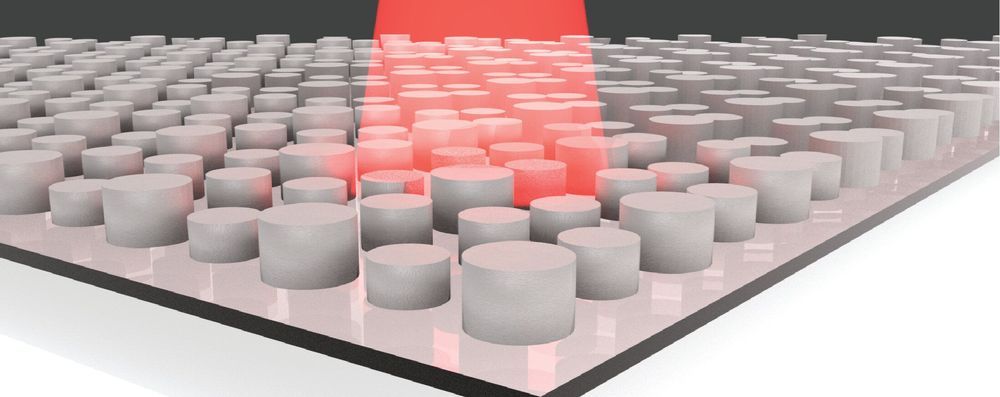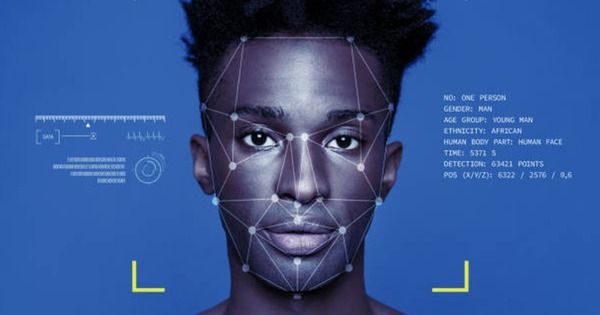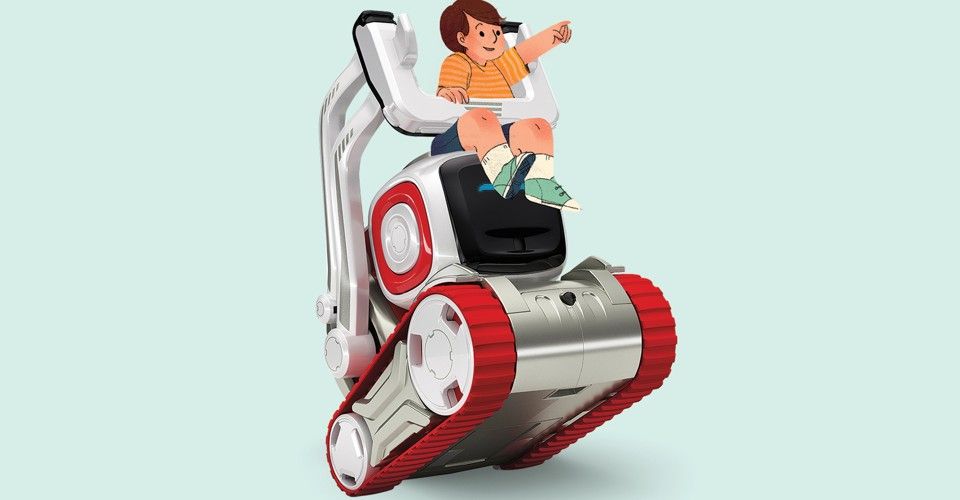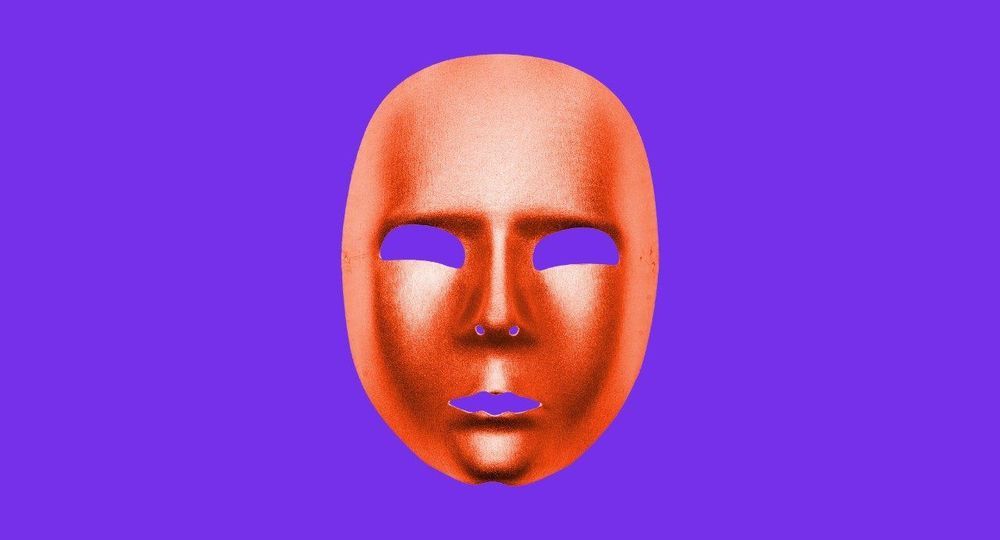The jobs that are likely to be automated are repetitive and routine. They range from reading X-rays (human radiologists may soon have much more limited roles), to truck driving, to stocking a warehouse. While much has been written about the sorts of jobs that are likely to be eliminated, another perspective that has not been examined in as much detail is to ask not which jobs will be eliminated but rather which aspects of surviving jobs will be replaced by machines.
The future of work looks grim for many people. A recent study estimated that 10% of U.S. jobs would be automated this year, and another estimates that close to half of all U.S. jobs may be automated in the next decade. The jobs that are likely to be automated are repetitive and routine. They range from reading X-rays, to truck driving, to stocking a warehouse. In this context, employers say that they’re seeking candidates who have other sorts of “soft skills,” such as being able to learn adaptively, to make good decisions, and to work well with others. These sought-after abilities, of course, fit perfectly with the sorts of things that people can do well, but are and will continue to be difficult to automate. All of this suggests that our educational systems should concentrate not simply on how people interact with technology (e.g., by teaching students to code), but also how they can do the things that technology will not be doing soon. These are the skills that are hardest to understand and systematize, and the skills that give — and will continue to give —humans an edge over robots.
